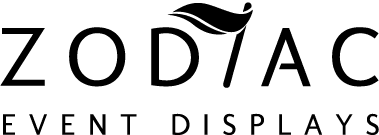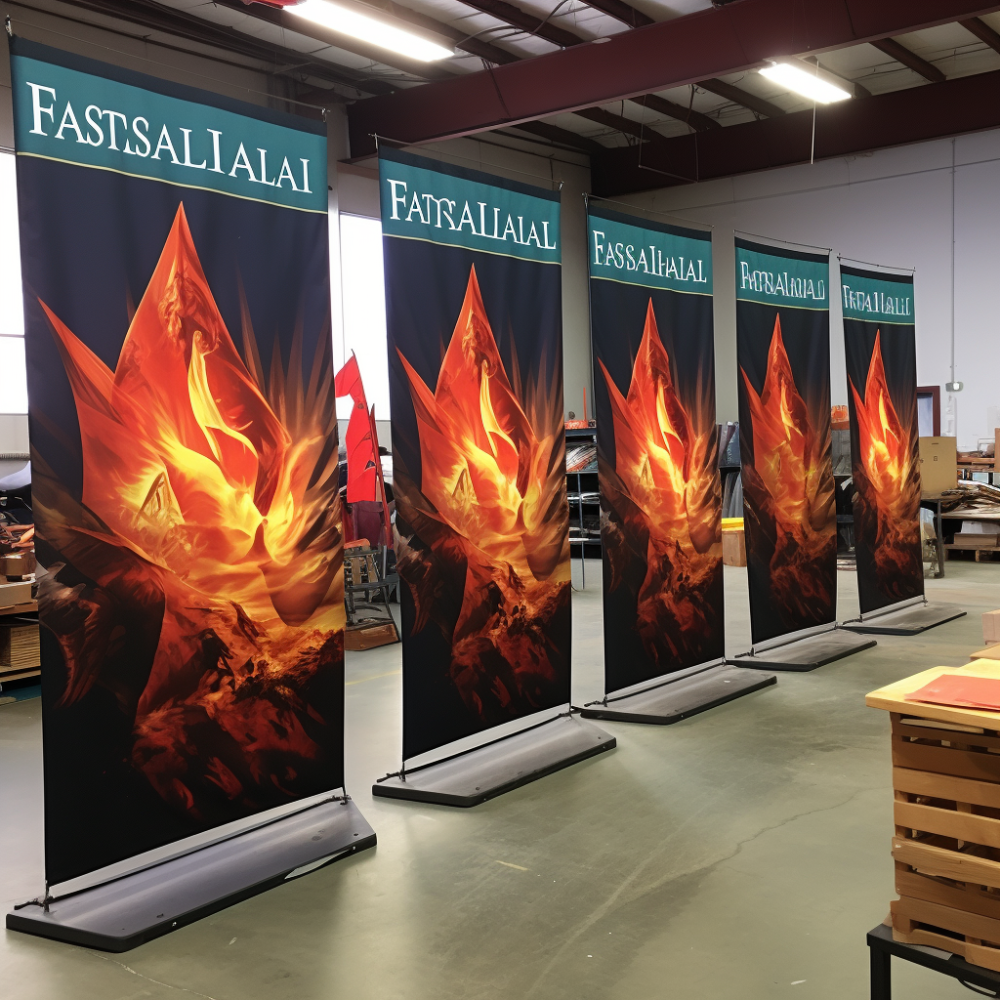
In today’s digital era, hosting events on Facebook has become a vital tool for businesses, organizations, and individuals looking to reach a larger audience. Facebook, with its extensive user base, offers a unique platform to create, promote, and manage events effortlessly. By leveraging this social media giant, you can not only extend your event’s visibility but also engage directly with potential attendees.
Creating a standard event on Facebook involves a few strategic steps that can ensure your event’s success. From setting up the event details to promoting it effectively, each step plays a crucial role in maximizing attendance and engagement. Whether you’re hosting a small community gathering, a corporate seminar, or a grand product launch, Facebook provides the tools and features to cater to your needs.
Understanding the ins and outs of Facebook event hosting can significantly impact your event marketing efforts. By optimizing your event page, utilizing promotional tools, and engaging with your audience, you can create a seamless and impactful event experience. Ready to take your event marketing to the next level? Send us a message at info@zodiacdisplays.com to amplify your event marketing with our expert solutions.
Setting Up Your Facebook Event
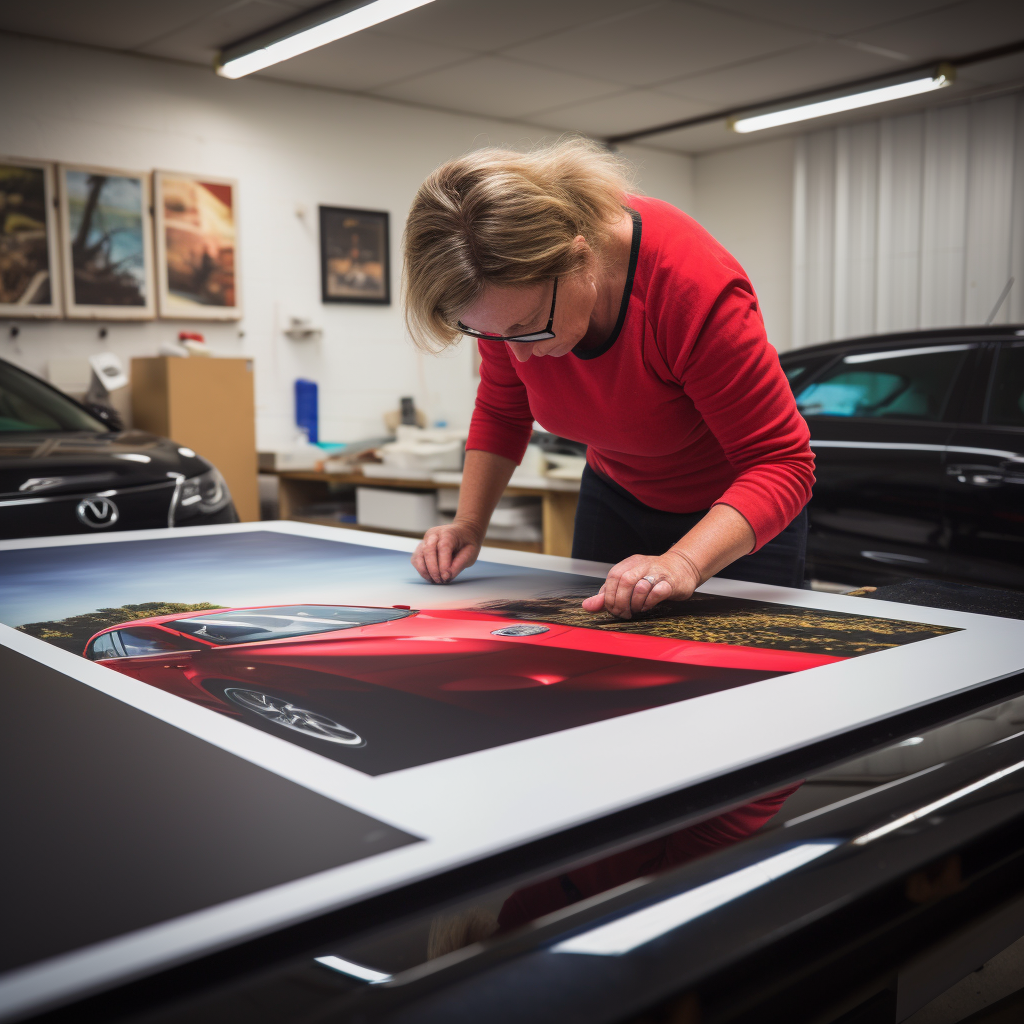
Setting up your Facebook event is the foundational step towards a successful event campaign. To start, navigate to the ‘Events’ section on Facebook and click on the ‘Create Event’ button. You’ll have the option to choose between an online event or an in-person event, depending on your needs.
Next, you’ll need to fill in the essential details:
- Event Name: Choose a compelling and descriptive name that captures the essence of your event.
- Date and Time: Clearly specify when the event will start and end. Make sure it’s convenient for your target audience.
- Location: If it’s an in-person event, provide the exact address. For online events, you can add a link to the virtual meeting platform.
- Description: Write a detailed and engaging description that outlines what attendees can expect. Include key highlights and any special guests or activities.
- Category and Tags: Assign relevant categories and tags to make your event easily searchable on Facebook.
- Cover Photo: Upload a high-quality image that represents your event. Visuals are crucial in grabbing attention.
After filling in these details, you can also add co-hosts, choose privacy settings, and set up ticketing if applicable. Once everything is in place, click ‘Create’ to publish your event. This initial setup is crucial as it sets the tone and provides essential information for potential attendees.
Optimizing Event Details for Engagement
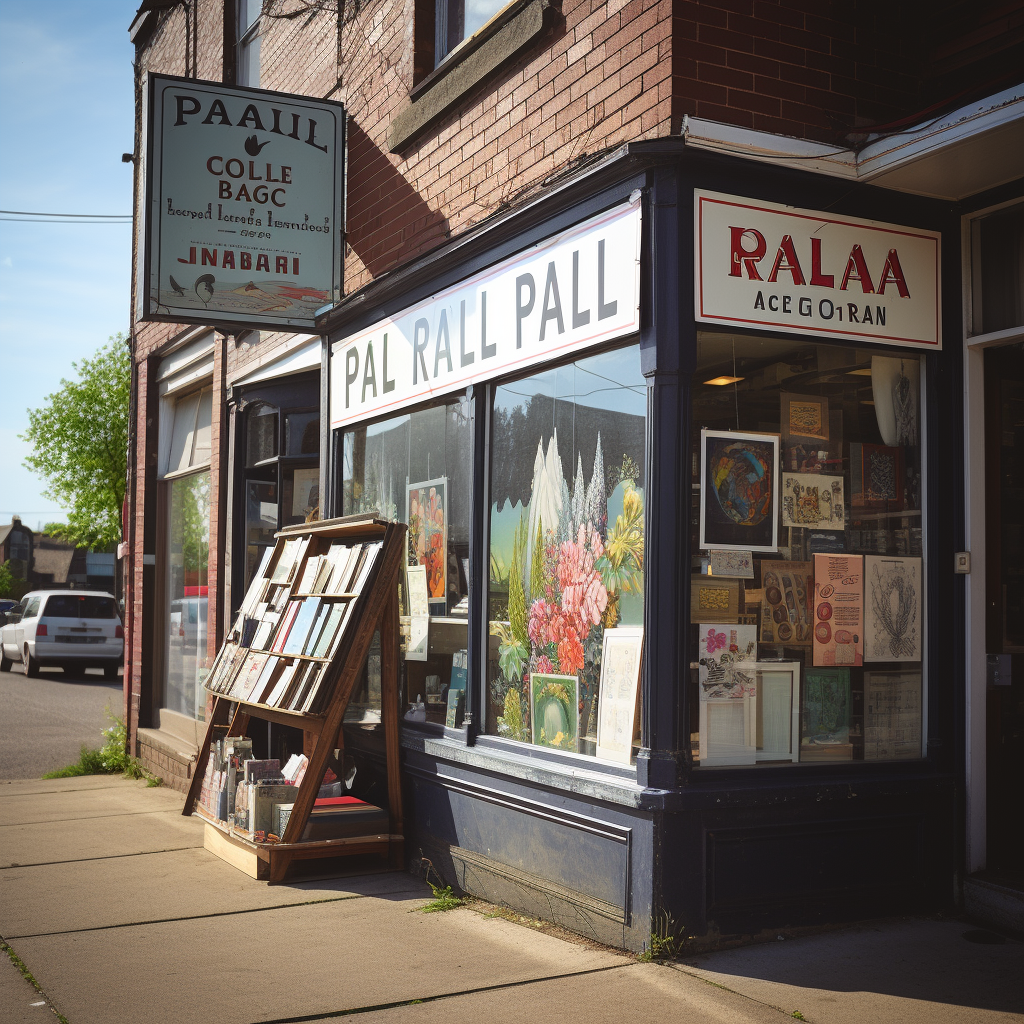
Once you’ve set up your Facebook event, the next crucial step is optimizing the event details to maximize engagement. Start by refining your event description. Make it concise yet compelling, and ensure it clearly conveys the value of attending. Use bullet points or numbered lists to highlight key points, making the information easy to digest.
Leverage keywords strategically within your description. For instance, if your event is a workshop on digital marketing, include phrases like ‘digital marketing strategies’ or ‘online marketing tips‘ to improve searchability.
Visual elements play a significant role in capturing attention. Ensure your cover photo is high-quality and resonates with the event’s theme. Consider using tools like Canva to create eye-catching graphics that can make your event stand out.
Next, utilize the Discussion tab to keep the conversation going. Post updates, share behind-the-scenes content, and encourage attendees to engage by asking questions or sharing their excitement. This not only keeps your event on top of attendees’ minds but also builds a sense of community.
Don’t forget to add co-hosts if applicable. Co-hosts can share the event with their networks, significantly expanding your reach. Additionally, invite your current followers and encourage them to share the event on their timelines.
Lastly, consider using Facebook Ads to boost your event. Target your ads to specific demographics that align with your target audience to ensure that your event reaches the right people.
By optimizing these details, you ensure that your event not only reaches a broader audience but also fosters higher engagement and attendance.
Promoting Your Facebook Event Effectively

To ensure the success of your Facebook event, effective promotion is key. Start by sharing the event on your business page and personal timeline. This initial step helps to inform your existing followers and friends about the event. Use engaging visuals and a captivating message to hook viewers immediately.
Next, leverage the power of Facebook Groups. Identify groups that align with your event’s theme and share your event there. Make sure to follow the group’s rules about posting and try to add value to the group rather than just promoting your event.
In addition to Facebook, cross-promote your event on other social media platforms such as Instagram, Twitter, and LinkedIn. Each platform has its unique audience, and cross-promotion can help you reach a wider audience. Use platform-specific hashtags and tagging to increase visibility.
Consider creating a Facebook Event Ad. These ads can be highly targeted, allowing you to reach specific demographics based on interests, age, location, and more. Facebook’s ad platform provides detailed analytics, so you can track the performance and adjust your strategy accordingly.
Engaging your audience through regular updates is another effective strategy. Use the event’s discussion tab to post updates, share sneak peeks, and even conduct giveaways. Encourage attendees to interact by asking questions and responding to comments promptly.
Don’t forget to collaborate with influencers or partners relevant to your event. Their endorsement can provide credibility and expose your event to their followers, who might be interested in attending.
By employing these strategies, you can significantly boost your event’s visibility and ensure a higher turnout. Effective promotion not only increases attendance but also builds anticipation and engagement among your audience.
Engaging with Attendees Before and During Event
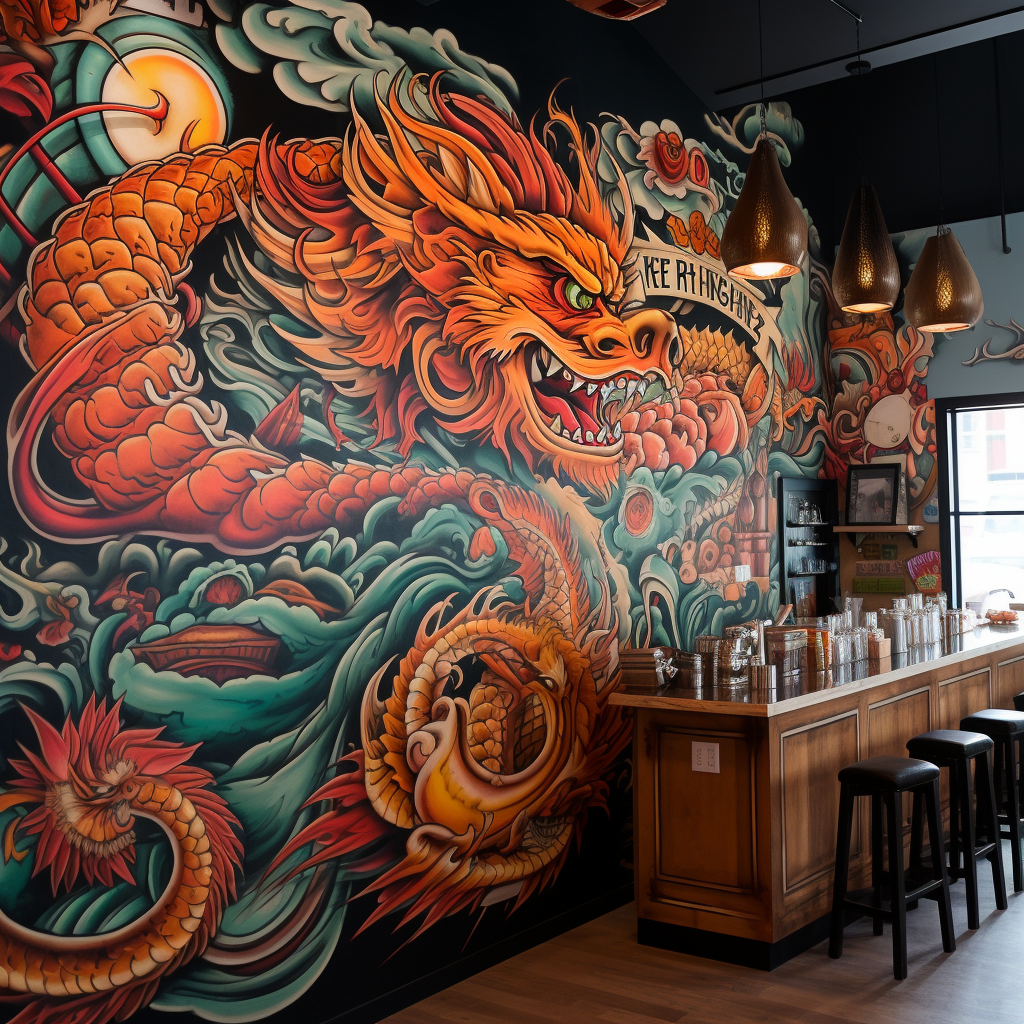
Engaging with attendees before and during your Facebook event is crucial for building excitement and ensuring a memorable experience. Start by sending personalized invitations to your friends and followers. A direct invitation makes attendees feel valued and more likely to RSVP.
Before the event, maintain engagement by posting regular updates. Share behind-the-scenes content, sneak peeks, and teasers to build anticipation. Use polls and questions to involve your audience and gather feedback. This interactive approach not only keeps your event top-of-mind but also fosters a sense of community among potential attendees.
Responding promptly to comments and messages is another way to engage with your audience. Show that you are attentive and appreciative of their interest. This interaction can help build a rapport and encourage more people to participate actively in your event.
During the event, keep the momentum going by live-streaming key moments. Facebook Live allows real-time interaction with your audience, making them feel like they are part of the experience, even if they cannot attend in person. Encourage viewers to comment, ask questions, and share the live stream with their networks.
Additionally, create a dedicated hashtag for your event. Encourage attendees to use it when posting about the event on social media. This not only helps in tracking engagement but also creates a buzz around your event.
Another effective strategy is to set up a virtual photo booth or a selfie station. Attendees can share their photos with the event hashtag, creating user-generated content that can be shared on your event page.
Engaging with your attendees before and during the event not only enhances their experience but also builds a loyal community around your brand. By making them feel involved and appreciated, you are more likely to see higher engagement and attendance at future events.
Analyzing Event Success and Gathering Feedback
After your Facebook event concludes, it’s essential to analyze its success and gather valuable feedback to improve future events. Start by examining the metrics provided by Facebook Insights. Look at the number of attendees, engagement rates, and the reach of your event posts. These metrics offer a quantitative measure of your event’s impact and help identify what worked well and what areas need improvement.
Pay close attention to attendee interactions such as likes, comments, shares, and reactions. These interactions provide a deeper understanding of what content resonated with your audience. Additionally, reviewing the performance of live streams and videos can offer insights into which segments of your event were most engaging.
To gather qualitative feedback, send out a post-event survey to your attendees. Ask specific questions about their experience, what they enjoyed, and what could be improved. Use open-ended questions to capture detailed responses. This direct feedback is invaluable for tailoring future events to better meet your audience’s expectations.
Another effective method is to engage with attendees through follow-up posts. Share highlights from the event, thank attendees for their participation, and encourage them to share their thoughts in the comments. This not only fosters continued engagement but also provides additional feedback that can be used for future planning.
Remember to review any user-generated content related to your event. Photos, videos, and posts from attendees can offer a unique perspective on the event’s success and areas for improvement. Encourage attendees to use a dedicated hashtag to make it easier to track and collect this content.
By thoroughly analyzing the data and gathering feedback, you can gain actionable insights to enhance your future events. This continuous improvement cycle ensures that each event is better than the last, leading to increased satisfaction and loyalty among your audience.
Send a message to info@zodiacdisplays.com to amplify your event marketing.
